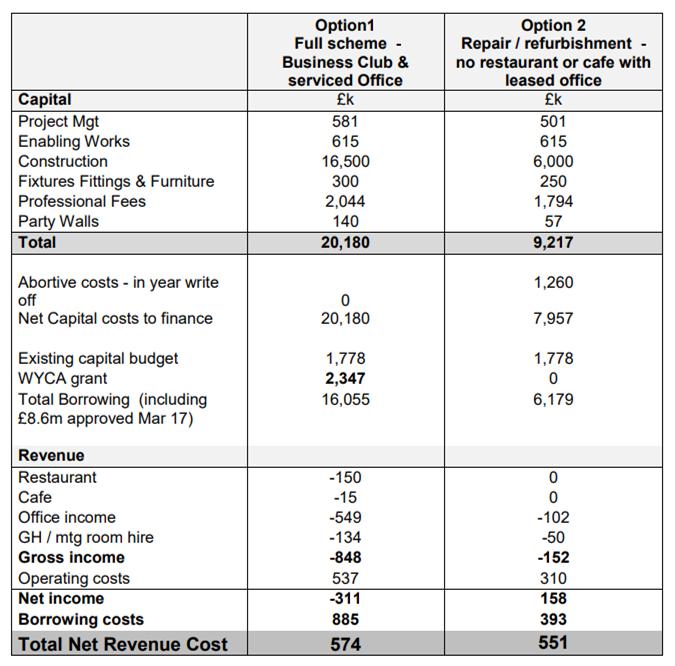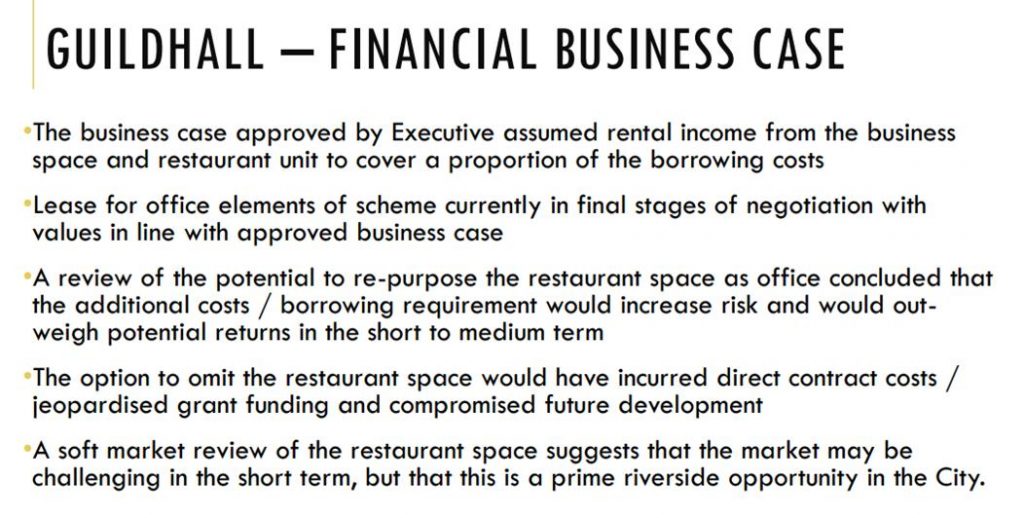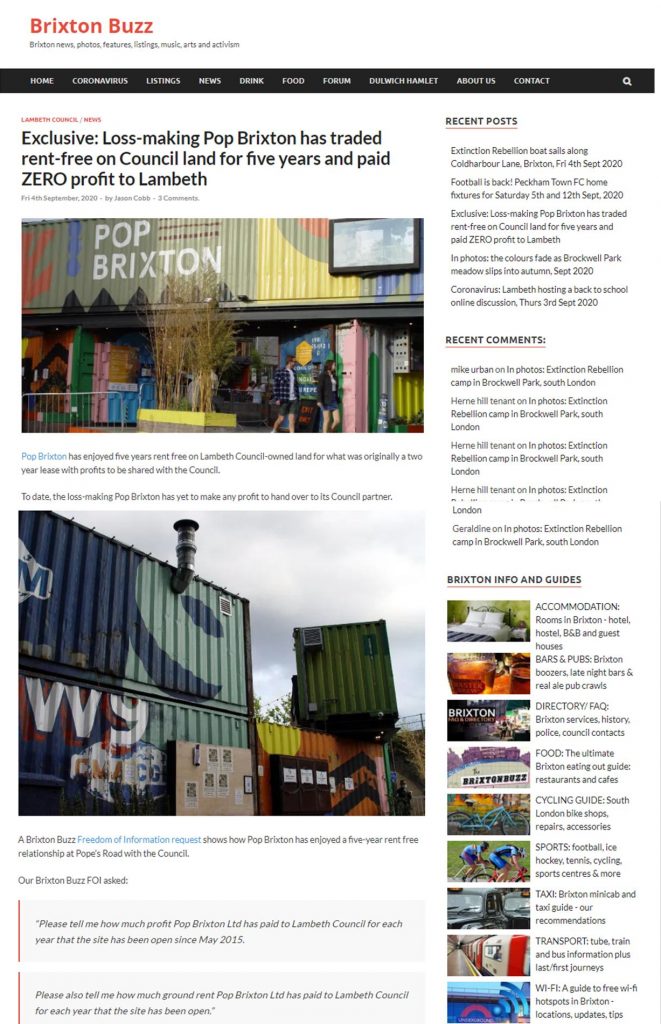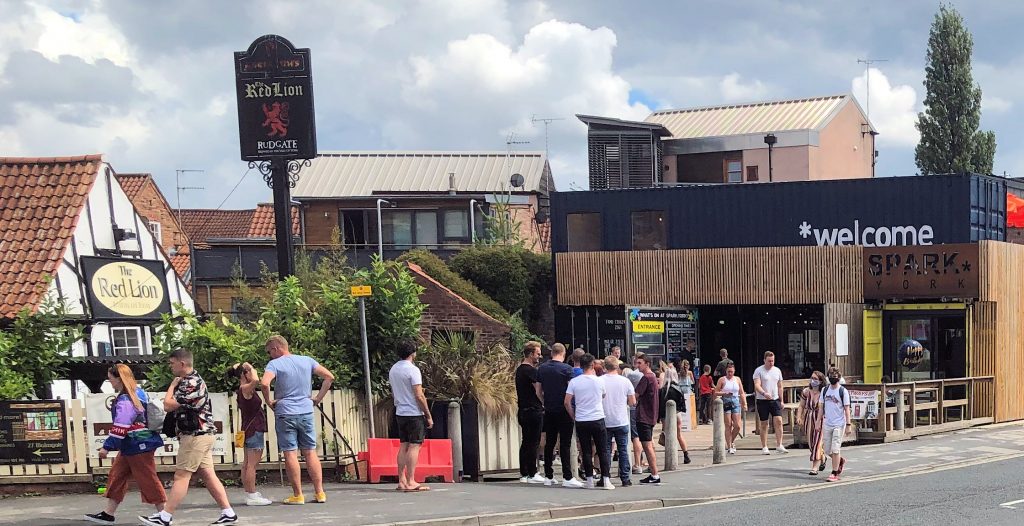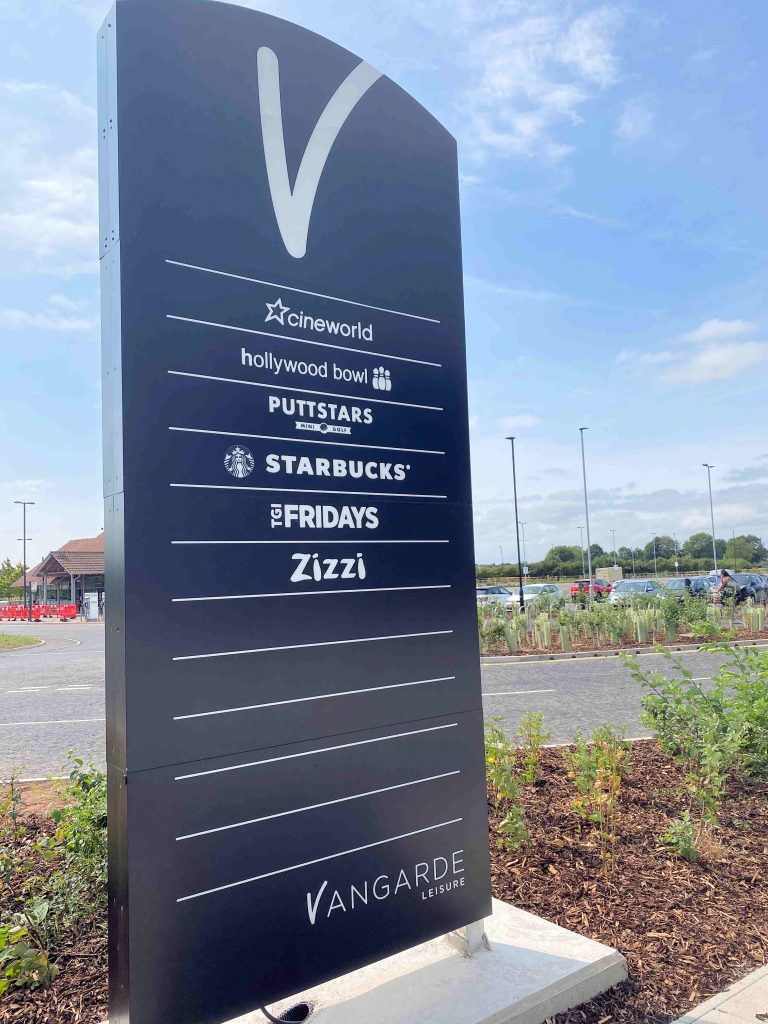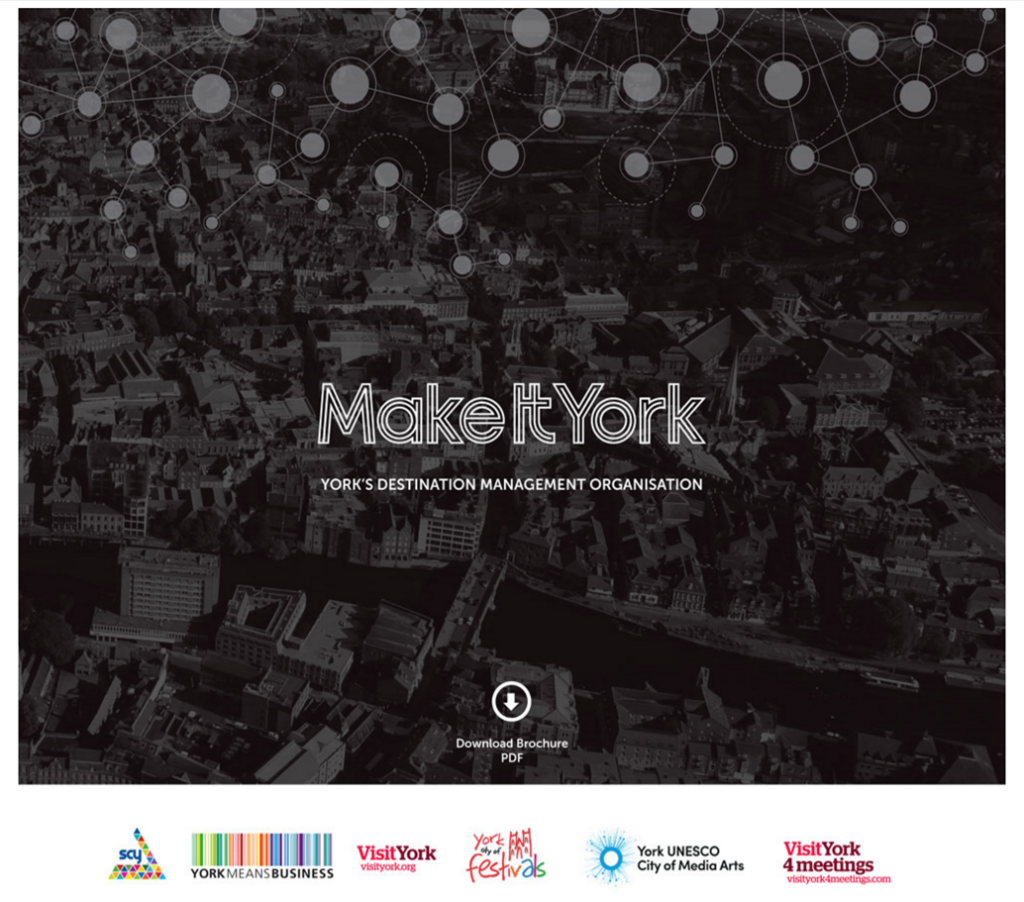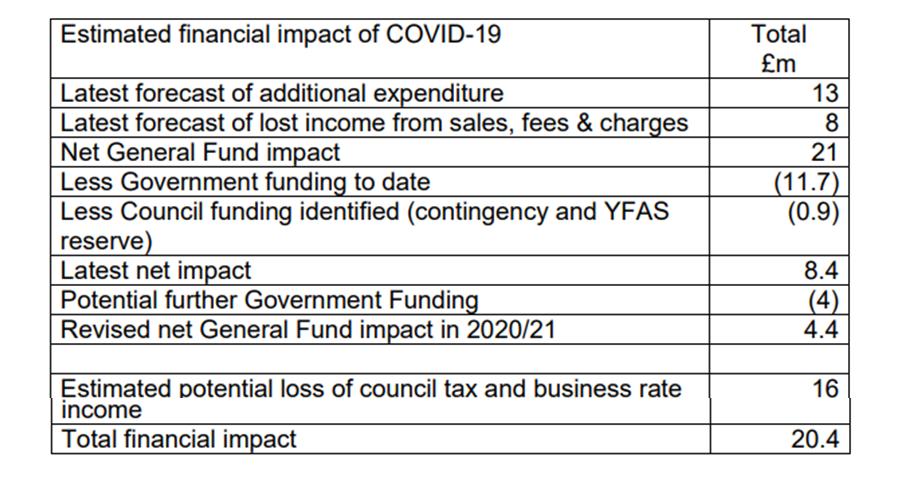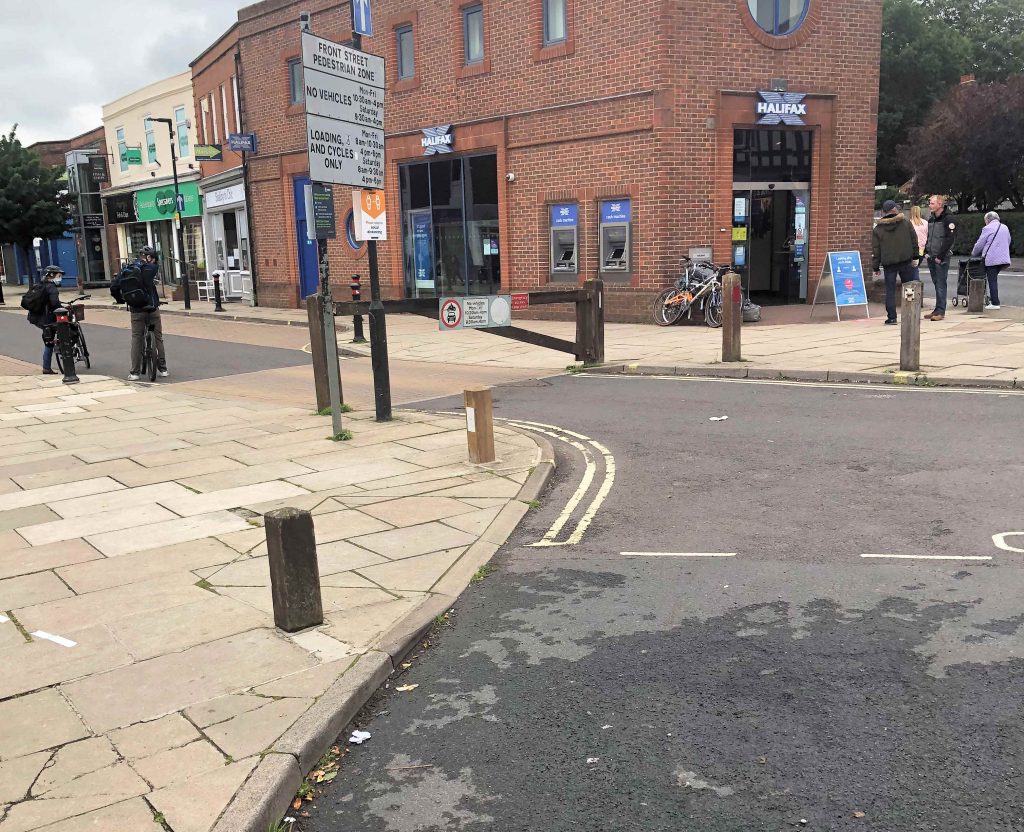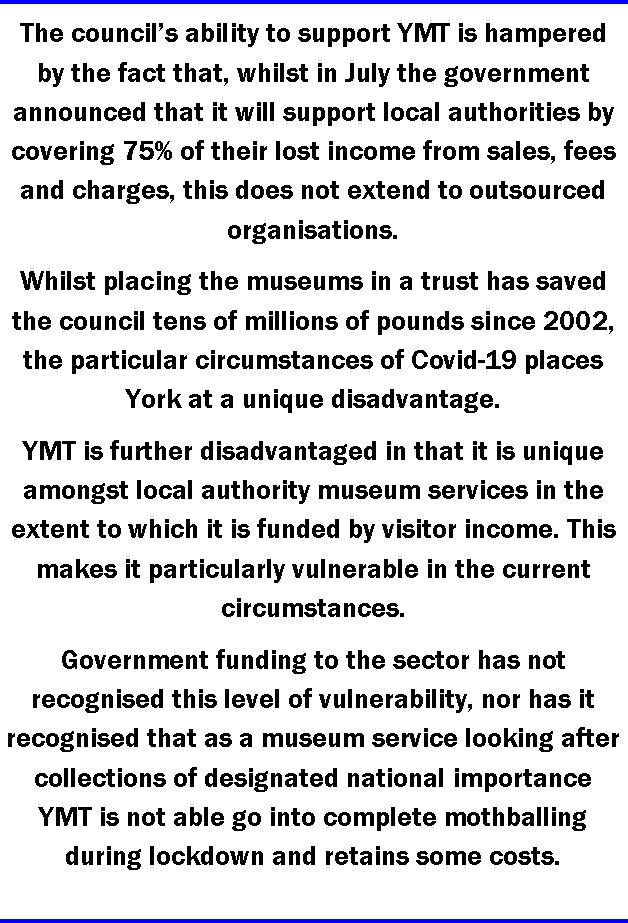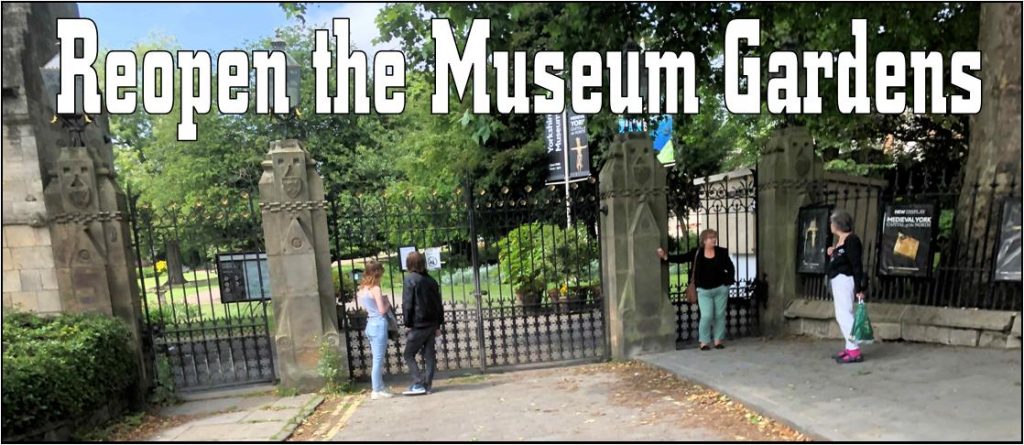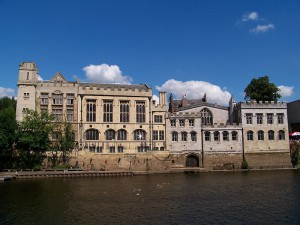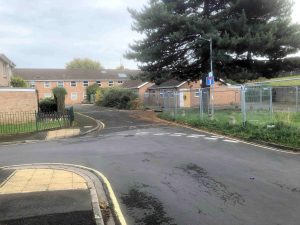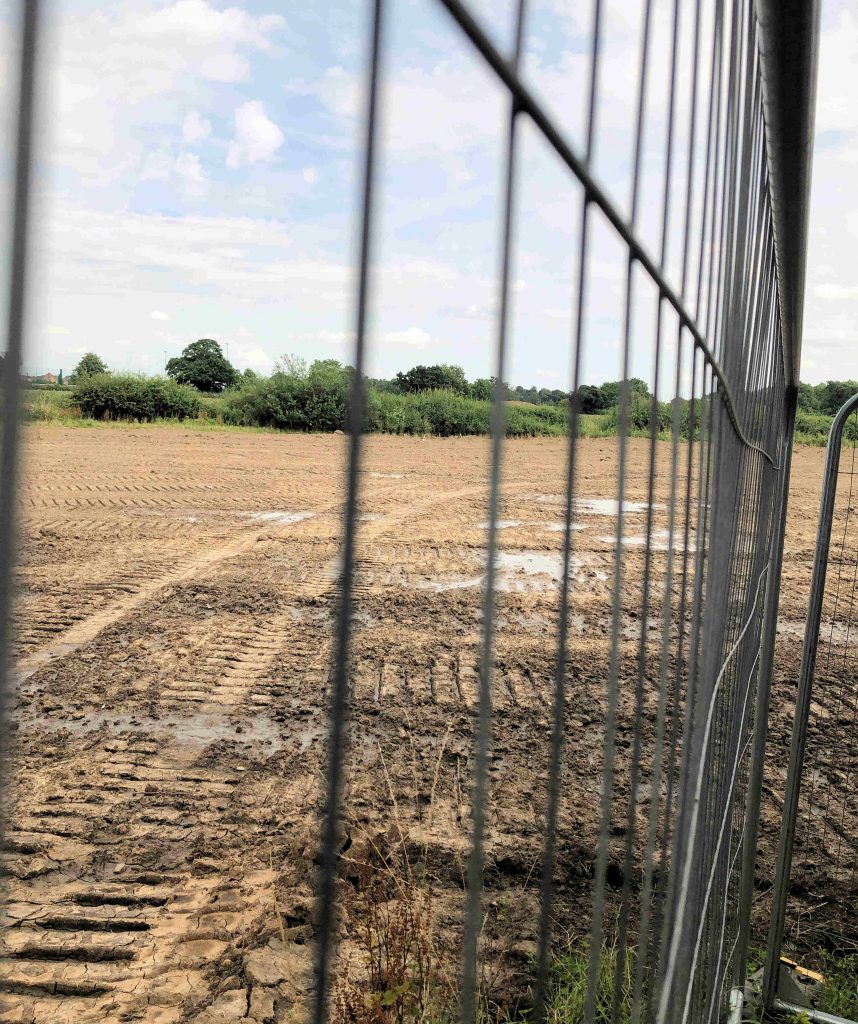
The York Council has emailed residents telling them;
“22 local charities will be receiving grants of up to £15,000, each from Two Ridings Community Foundation. This is to support their essential running costs over the next six months as they respond to the continuing double whammy of increased demand, and decreased fundraising caused by the Coronavirus crisis and lockdown. This funding is part of the £750 million pot announced by the Chancellor for frontline charities across the UK during the coronavirus outbreak.
These 22 awards, totalling £328,307 brings the amount distributed by Two Ridings in the last six months to £1,541,399!”
A full list can be read by clicking here
Unfortunately, only one York organisation is benefiting from a grant in this round.
Move the Masses will get £14,950 in funding to “improve communication/marketing re: services/projects via website & social media updates. A new part of time member of staff is required for this”.
Move the Masses have promised to start a series of “Acomb Ambles” this month.
This would be welcomed by some. The York Council sponsored “York Health Walks” were suspended 6 months ago and show no signs of restarting. That is a shame as exercise and conversation can be an important antidote to feelings of isolation and depression.
Obviously the background to the health crisis has prompted new government restrictions as part of their reaction to the “second wave”. These come into force on Monday so there will be limits on what voluntary groups will actually be permitted to do..
Nevertheless, there are other organisations which need support not least those managing community centres which are a key part of life in parts of the City.

